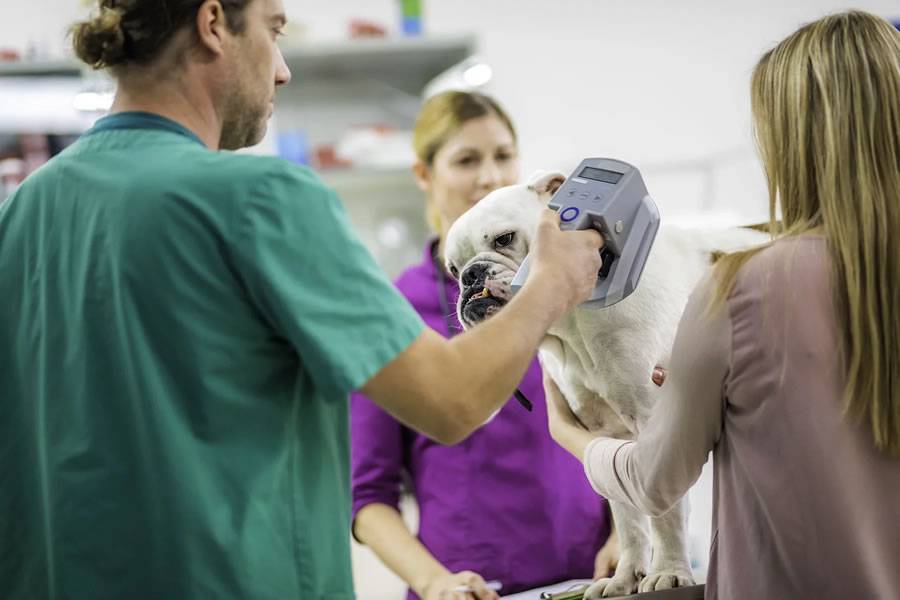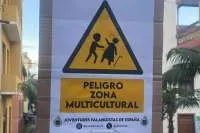Pet owners in the Canary Islands could face fines up to €50,000 for unchipped animals
- 04-04-2025
- National
- Canarian Weekly
- Photo Credit: Getty Images
Pet owners in the Canary Islands are now legally required to microchip their animals or risk facing fines of up to €50,000 under newly enforced measures aimed at tackling widespread pet abandonment and improving animal welfare standards.
The regulation, part of Spain’s Animal Welfare Law 7/2023, mandates that all dogs, cats, ferrets, and birds be properly identified: pets via microchip implants and birds through banding from birth. All animals must also be registered in their respective regional Pet Registers. Failure to comply can result in penalties ranging from €10,000 to €50,000.
Recent statistics reveal a major compliance gap. According to local data, only 27.7% of dogs and a mere 4.3% of cats arriving at shelters across the Canary Islands have microchips. In Gran Canaria, the situation is even worse: the island's main animal shelter reports that 90% of dogs and 99% of cats in their care are unchipped.
Spain continues to rank among the countries with the highest rates of pet abandonment in Europe, with the Canary Islands experiencing particularly acute challenges. Experts warn that the lack of identification poses serious risks, not only for animal safety and recovery but also for public health and environmental protection.
In response, a coordinated regional campaign titled “The Microchip is the Key” has been launched to increase public awareness and improve compliance. Veterinary colleges in both Las Palmas de Gran Canaria and Santa Cruz de Tenerife, are working with municipal councils and police forces to implement the campaign and support enforcement.
Alejandro Suárez, representing the Veterinary Profession College in Las Palmas, confirmed that microchip scanning devices have been distributed to local councils. These tools, to be used by municipal technicians and local police, are essential in identifying lost or abandoned pets and verifying compliance with the law.
Marisa Fernández, President of the Veterinary Profession College of Santa Cruz de Tenerife, was unable to attend the campaign’s launch event due to adverse weather conditions, but the event proceeded with the participation of local officials and law enforcement representatives.
At the national level, more than 13 million pets are already registered and identified across Spain. Still, the high number of unidentified animals continues to be a major obstacle in the fight against animal cruelty and neglect.
The Canary Animal Identification Register is also working in collaboration with various public bodies, including the Official Equine Register of the Canary Government, to ensure broader compliance and facilitate the tracking of all domesticated animals.
Authorities stress that the success of the campaign, and the law more broadly, depends on widespread participation from pet owners. “Microchipping is not just about avoiding a fine,” said one local councillor at the campaign launch. “It’s about responsibility, prevention, and ensuring a better future for animals across our islands.”
Other articles that may interest you...
Trending
Most Read Articles
Featured Videos
TributoFest: Michael Buble promo 14.02.2026
- 30-01-2026
TEAs 2025 Highlights
- 17-11-2025



























































